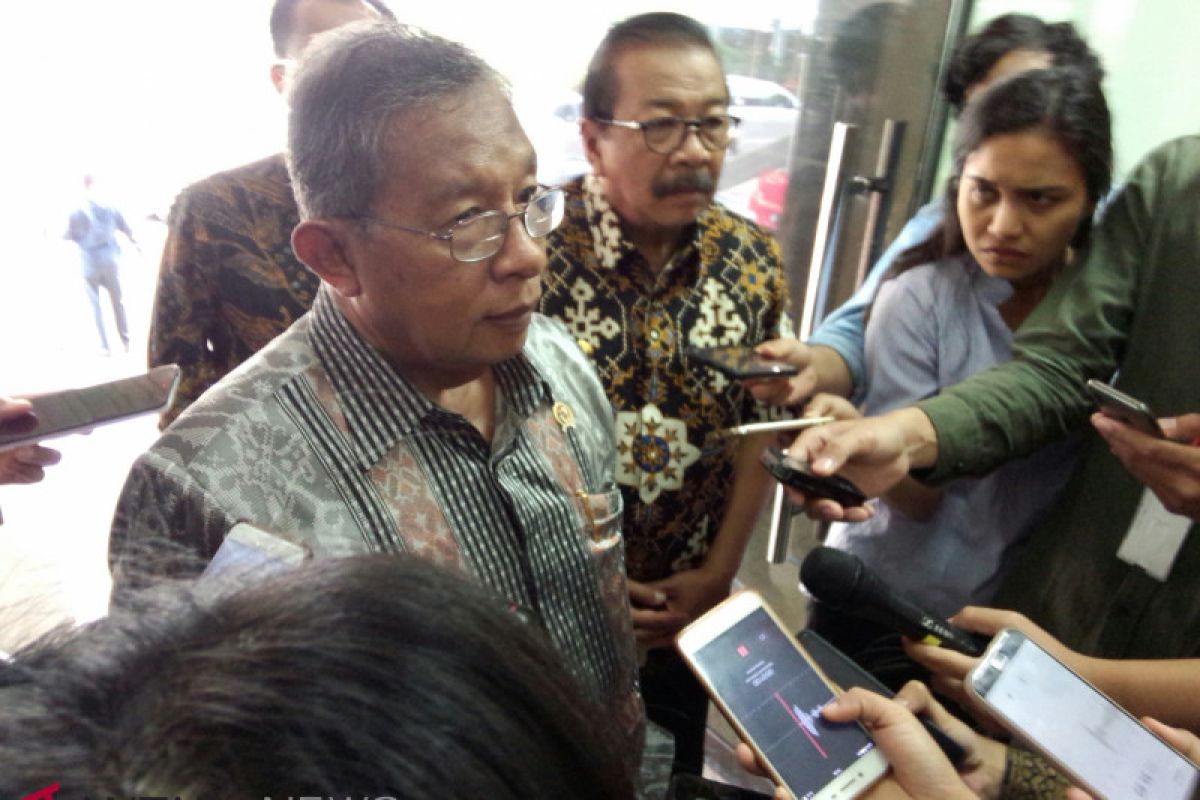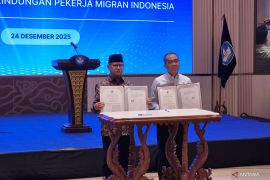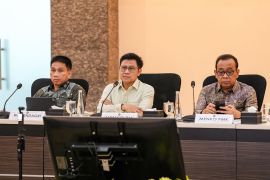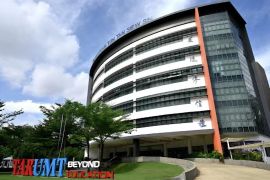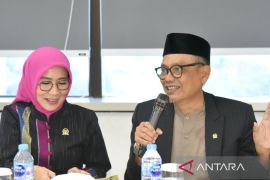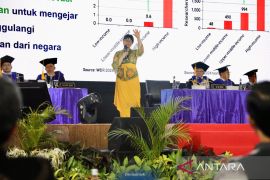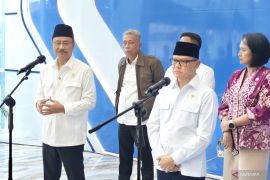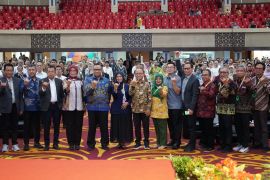Chief Economic Minister Darmin Nasution said here on Friday that his office was drawing up a vocational education roadmap, which was expected to be completed before the end of the year.
"Firstly, we have prepared a roadmap and the second thing is that we have to begin it across several provinces. SMK high vocational schools should be given priority in every region. Each region could be different from the other, for example, East Java is different from Bali," the coordinating minister for economic affairs said.
Nasution had conducted a coordination meeting with the regional governments. He asked for commitment and proposed priority for vocational development in their respective regions.
The minister will continue the meeting to discuss the curriculum for vocational education.
He added that his party had also coordinated with the Ministry of Education and Culture regarding the curriculum for vocational education so that there would be no problems with regard to the changing curriculum for vocational education.
"We have coordinated with the ministry of education, so that there will be Norms, Standards, Procedures, and Criteria (NSPK), a curriculum for teaching and learning curricula. So, it should not cause a problem, the curriculum will not be allowed to be changed again. Everything must be along the same lines," Nasution said.
The government indeed emphasized the importance of revitalizing Vocational High Schools or vocational education to meet industrial needs and support the national economy.
The Central Bureau of Statistics (BPS) Labor Force Survey in 2018 noted that of the 6.8 million unemployed people, 20.7 percent or 1.4 million of them are vocational high school graduates.
The number is considered quite large considering that SMK graduates are actually prepared to be able to go directly into the industrial world. One of the causes of the high unemployment rate is the mismatch between the quality of vocational school graduates and industrial needs.
Vocational Revitalization will be carried out starting from improving the vocational curriculum in accordance with future needs, including certification that refers to the Indonesian National Work Competence Standards (SKKNI), apprenticeship programs in the industry to improve students` abilities and capacities, teacher training, and improving a selection system that matches the expertise and increases the interest of prospective students in vocational studies.
The government has also undertaken a pilot project, especially for the Coffee Department, in West Java.
The pilot project, which began in the 2018 school year, involved 66 students. The output generated from this pilot project, in addition to getting a diploma, is that each student will get six competency skills in three years.
Reporting by Citro Atmoko
(A014/INE)
Reporter: Antara
Editor: Andi Abdussalam
Copyright © ANTARA 2018
